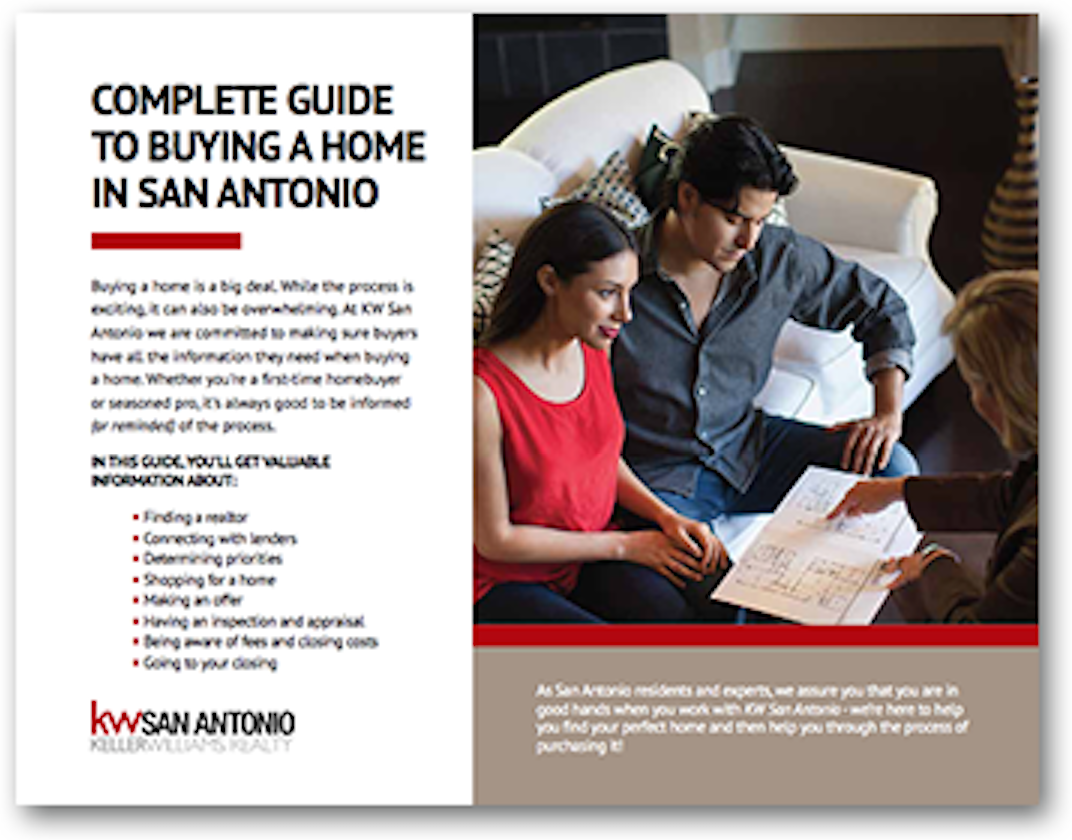How do you know if your real estate agent is sketchy? Watch out for these 7 red flags and choose the right REALTOR®!
When it comes to making one of the most important decisions of your life (i.e. buying a new home), don't get stuck with a second-rate agent. Here are a few red flags to help you evaluate your potential agents and avoid the duds (so you can choose the right one!).
1. Your REALTOR® is unresponsive.
Of course, you don't expect a realtor to be on call 24/7, but important texts, emails, or voicemails should (without question) receive a timely response. This applies to every part of the process: from the "getting to know you stage" to the closing day.
2. Your REALTOR® "only dabbles" in the profession.
While we can't knock agents who only do business part-time, buyers and sellers may want to think twice about choosing a REALTOR® only available half the time. You'll want someone who follows the market actively on a daily basis, can quickly respond to listings, and show your home to potential buyers when they want to see it.
.png)
3. Your REALTOR® doesn't know your area very well.
Neighborhood knowledge is everything! If you're selling, we recommend finding an agent who specializes in your area. If you're buying, choose an agent with knowledge surrounding your buyer profile and preferred areas. (If you're new to San Antonio, feel free to explore the city via our interactive neighborhood map!)
4. Your REALTOR® charges a low commission.
Most REALTORS® charge between 5-7% commission (with the majority of San Antonio REALTORS® charging 6%). This number is split between the selling agent and the buying agent. If your REALTOR® offers you a substantially lower commission on the sale of your home (less than 5 percent), beware! Since splitting that commission is giving each agent only 2%, fewer agents will show your house, which means that it will take longer to be sold. (Expert Tip: You could always try to negotiate a slightly lower commission if one agent handles both the sale of your home as well as the purchase of your next home.)
5. Your REALTOR® recommends the highest sales price.
While you want the best possible price for your home, a home priced too high from the get-go may take longer to sell (consequently fetching a lower price). Often, if a home sits on the market for too long, potential buyers will wonder what's wrong with the property, seeing the listing date as a red flag. Our expert advice? Find out the sold prices of comparable area homes and how long they were on the market before they were sold...a good REALTOR® will do this for you before advising you on an asking price!
.png)
6. Your REALTOR® does not follow up on the process.
Whereas a good REALTOR® is a skilled negotiator who follows up on the details of a transaction, a bad one lags behind. A professional agent will ensure the house is free of liens before it goes on the market and check that the buyer has a pre-approved mortgage. On the buyer side, they will ensure that the home is appropriately priced, will follow up on the appraisal, and advise you of any home inspection issues that need to be resolved.
7. Your REALTOR® is a poor communicator.
Your initial consultation with your new REALTOR® should feel like a bit like a heart-to-heart session with a counselor. He or she should ask questions about your goals regarding the sale, your dream house, and your time frames. This is a good time for you to be clear about your expectations from the outset. If after the initial meeting you feel like not much was accomplished (or many questions were left unanswered), it may be time to interview other agents.
Curious about buying or selling a home in San Antonio, TX? Click here to download this FREE Buyer’s Guide, customized for the San Antonio buyer. You’ll find valuable information about finding a REALTOR®, connecting with lenders, and way more. Let us be your guide!
Note: This blog was originally published in April 2015 and has been updated to reflect current info.




